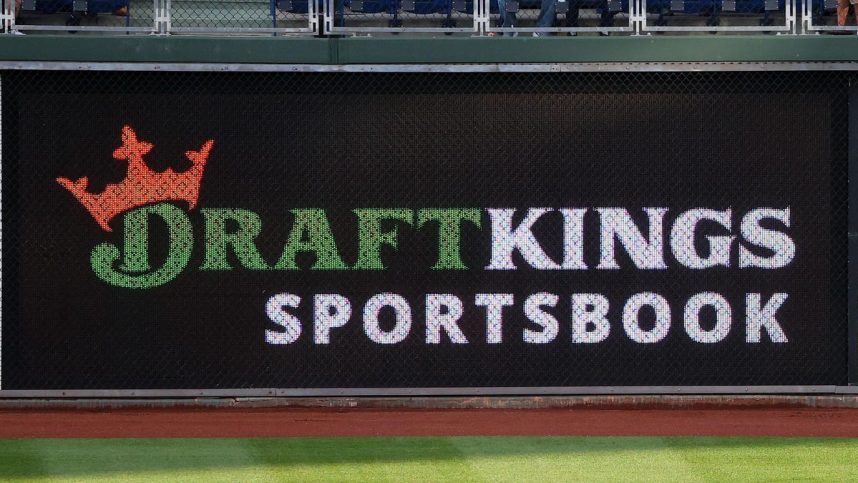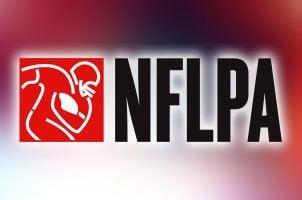MLBPA Sues Bet365, DraftKings Over Unauthorized Use of Player Images
Posted on: September 16, 2024, 10:19h.
Last updated on: September 17, 2024, 09:11h.
The Major League Baseball Players Association (MLPBA), the union representing the league’s athletes, is suing four gaming companies, including Bet365 and DraftKings, over what it believes is unauthorized use of players’ names, images, and likenesses across those operators’ advertisements and betting sites.

In a suit filed in the US District Court for the Eastern District of Pennsylvania, the MLB players union is seeking compensation and punitive damages from Bet365 and DraftKings. Separate litigation filed in the New York State Supreme Court, New York County targets FanDuel and Underdog Fantasy. The MLBPA described the defendants’ misuse of player images as “flagrant,” adding it could be harmful to the athletes’ long-term earnings potential.
For professional athletes, the ability to control the commercial use of their names, images, and likenesses is a crucial return on their substantial career investment,” said the union in a legal document.
Professional athletes, including MLB players, often appear in advertisements for companies across a slew of industries, but they’re compensated for doing so. Some athletes, both current and retired, have appeared in commercials for sportsbook operators. However, the MLBPA argues that some of its members may not want to appear to be endorsing wagering, which is the perception some bettors may have when seeing those players’ images splashed across a gaming company’s website or mobile app.
For DraftKings, Second Players Union Suit
Specific to DraftKings, this is the second lawsuit from a players union faced by the company. A suit filed last month by the NFL Players Association (NFLPA) implies the Boston-based gaming company owes that labor group as much as $65 million over a nonfungible tokens (NFTs) deal gone bad.
The NFLPA argues that it allowed DraftKings to use players’ names, images, and likenesses in its NFT marketplace and in an NFT-based fantasy game known as Reignmakers, and that the gaming company hasn’t fulfilled its financial obligations. The MLBPA is being represented by New York-based Inston & Strawn LLP, the same firm handling the NFLPA case.
The baseball players union said the gaming companies don’t use NFL players’ images on their platforms, and that the only reason they use baseball players’ images is as a means to entice bettors.
“Defendants’ use of player images within their sportsbook platforms is not merely informational — it is promotional,” the union’s lawyers said in the complaint. “Users could bet that the Phillies will beat the Marlins, or that Bryce Harper will hit more than two home runs in a given game, without seeing Harper’s valuable image. Indeed, both DraftKings and Bet365 offer the same types of bets in other sports without using player images.”
Player Images Increasingly Valuable
Advertising and promotions in the forms of cash or free bets are key components of how sportsbook operators attract new bettors, and high market-share betting firms such as DraftKings and FanDuel are known for their prolific use of celebrity endorsers.
Those include current and retired athletes who are being compensated for appearing in the gaming companies’ ads. Athlete images, particularly of pros, are increasingly valuable to the leagues and to the players themselves, and money is likely at the heart of the MLPBA’s suits against Bet365, DraftKings, FanDuel, and Underdog.
While quantifying what an individual athlete’s name and image are worth is difficult because it’s a sliding scale between higher-profile and lesser-known profiles, some companies pay significant sums for use of pro athletes’ names and images.
It’s estimated that the MLBPA and NFLPA generate hundreds of millions in annual revenue from licensing pacts with video game publishers while trading card companies pay tens of thousands per player across the major sports.
Related News Articles
NFLPA Suit Against DraftKings Could Stem from Defunct NFT Product
Underdog Fantasy Says DraftKings, FanDuel Fear Competition
DraftKings Spent $700K on Private Jet Travel for CEO Robins in 2023
Most Popular
Sphere Threat Prompts Dolan to End Oak View Agreement
MGM Springfield Casino Evacuated Following Weekend Blaze
This Pizza & Wings Costs $653 at Allegiant VIP Box in Vegas!
IGT Discloses Cybersecurity Incident, Financial Impact Not Clear
Most Commented
-
VEGAS MYTHS RE-BUSTED: Casinos Pump in Extra Oxygen
— November 15, 2024 — 4 Comments -
VEGAS MYTHS RE-BUSTED: The Final Resting Place of Whiskey Pete
— October 25, 2024 — 3 Comments -
Chukchansi Gold Casino Hit with Protests Against Disenrollment
— October 21, 2024 — 3 Comments
















No comments yet